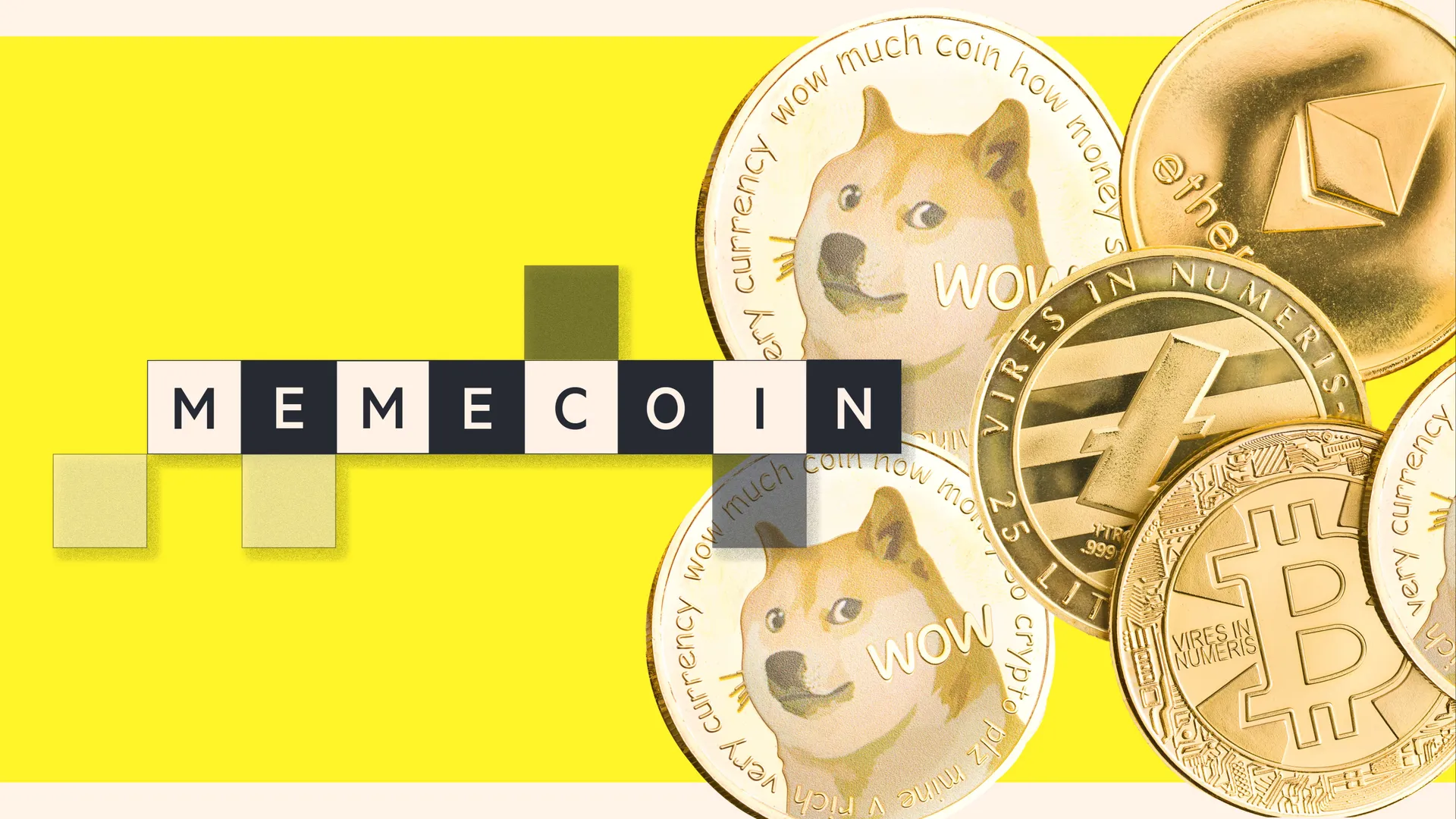
(noun) joke-based crypto tokens with bafflingly enduring appeal
The anarchic streak to markets is thriving in the world of memecoins — an “asset class” (for lack of a better word) targeting those who find the wild west of crypto just not wild enough.
The biggest crypto asset is bitcoin — essentially a line of code created by computers firing sums at each other to which the wisdom of crowds now attaches a value of almost $100,000 apiece. True believers have made great fortunes here, despite the currency’s lack of everyday utility or underlying institutions and revenues. Its value has more than doubled in 2024, thanks in no small part to Donald Trump’s crypto curiosity.
Enthusiasts insist bitcoin is the future of money and the foundation for a new financial order. But it is just one crypto asset among thousands. Memecoin backers make no such claims, and explicitly celebrate their silliness rooted in the ephemera of social media crazes. Generally, these things are worth fractions of pennies individually but, in total, the “value” sometimes runs to billions.
The best-known is dogecoin, based on an internet-famous dog and beloved of Elon Musk. It is no coincidence that Musk’s role in the Trump 2.0 administration is co-heading the Department of Government Efficiency, or Doge.
But it gets much, much sillier. Breakthrough memecoin stars of 2024 include Moo Deng, based on a Thai pygmy hippo; PNUT — a nod to a euthanised squirrel beloved of the US rightwing, and Hawk Tuah, launched by a young woman propelled to internet stardom by an off-the-cuff lewd comment.
Buy early, and if others follow, you can scoop up huge profits. Buy late and you can quickly find yourself holding something worthless, as many buyers of the Hawk Tuah coin found out. It’s two fingers up to the financial establishment, and not for the cautious or faint of heart.